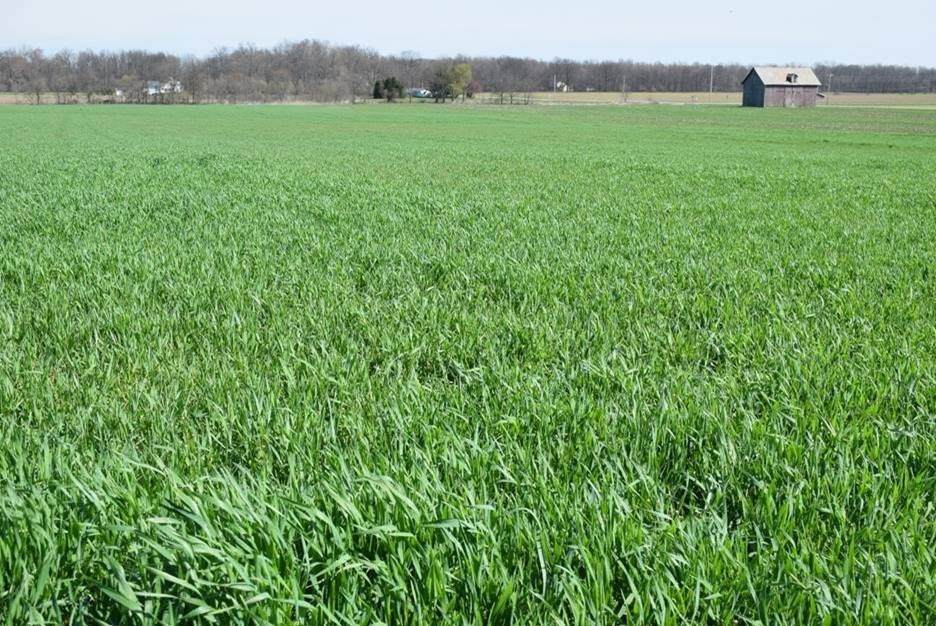

Apr 14, 2022Cover crops more effective than insecticides for managing pests
Promoting early-season plant cover, primarily through the use of cover crops, can be more effective at reducing pest density and crop damage than insecticide applications, according to a Penn State-led team of researchers.
In a newly published study, the researchers suggest that the best pest management outcomes may occur when growers encourage biological control – in the form of pests’ natural enemies – by planting cover crops and avoiding broad-spectrum insecticides as much as possible.
The use of cover crops and other conservation-agriculture practices can help reduce erosion and nutrient loss, enhance soil health, and improve pest management, noted study co-author John Tooker, professor of entomology in Penn State’s College of Agricultural Sciences. Although the adoption of such methods has increased, he said, the use of pesticides continues to grow in the United States and globally, potentially killing nontarget, beneficial species and reversing pest-management gains from the use of conservation-agriculture tactics.
“Plant cover, such as cover crops, can provide habitat for populations of natural enemies of pests,” Tooker said. “Winter cover crops, for example, can harbor predator populations outside the growing season of the cash crop. Once the cover crop is killed to allow the growth of the cash crop, cover crop residues remain on the soil during the growing season and enhance habitat for predators.
“Studies have found that cover crops reduce insect pest outbreaks by increasing predator abundance, but to retain these benefits, it’s critical to protect these predatory species,” he said.
The goal of this study was to investigate how conservation-agriculture practices – cover crops, no-till planting and crop rotations – interact with two pest-management strategies that employ insecticides. These strategies are preventive pest management, in which growers plant seeds treated with systemic insecticide for the control of early-season pests; and integrated pest management, or IPM, an approach that involves scouting for pests and using insecticides only when pest numbers exceed economic thresholds, and then only when nonchemical tactics are ineffective.
– Chuck Gill, Penn State














